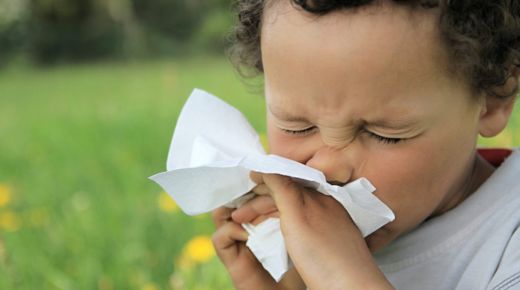
Managing childhood allergies can feel overwhelming. Kids deserve to enjoy life without constant sniffles or itchy eyes. We gathered some practical tips from pediatricians to help manage these pesky symptoms. With the right approach, routine care is more effective after treatment. It’s essential to have regular check-ups—like sports physicals nashville doctors recommend—to keep allergies in check. These visits can catch changes in conditions early and adjust care plans as needed. Let’s explore some simple strategies to help children breathe easier and stay active.
Identify Common Allergens
Understanding common allergens is the first step. Children often react to:
- Pollen from trees, grasses, and weeds
- Dust mites
- Pet dander
Knowing what triggers symptoms can help in creating an effective management plan. The CDC provides information on identifying and reducing exposure to these allergens.
Effective Prevention Strategies
Prevention plays a key role in managing allergies. Try these strategies:
- Keep windows closed during high pollen seasons.
- Use air purifiers to filter indoor air.
- Wash bedding frequently in hot water.
These steps can help reduce exposure to allergens, minimizing flare-ups.
Medication and Treatment Options
When prevention isn’t enough, medication can help manage symptoms. Common options include:
- Antihistamines
- Nasal corticosteroids
- Decongestants
Pediatricians can recommend treatments based on a child’s specific needs. Always follow their guidance for dosage and usage.
Data on Childhood Allergies
| Allergen Type | Percent of Affected Children |
| Pollen | 40% |
| Dust Mites | 20% |
| Pet Dander | 15% |
These figures highlight the prevalence of specific allergens among children. Tailoring prevention and treatment strategies to these common allergens can enhance management.
Building an Allergy-Friendly Lifestyle
Creating an allergy-friendly lifestyle involves incorporating these practices into daily routines:
- Encourage children to play indoors during high pollen counts.
- Implement routine cleaning to remove dust and dander.
- Educate children on avoiding known triggers.
These habits help kids enjoy their environments without constant allergy disruptions.
Seek Regular Medical Advice
Consistent medical advice is crucial. Regular visits to healthcare professionals ensure that a child’s allergy management plan remains effective. The National Institutes of Health recommends frequent evaluations to adjust treatments as children grow.
Conclusion
Managing childhood allergies requires a combination of identifying allergens, preventive measures, and appropriate treatment. Regular medical consultations can make a significant difference in keeping allergies under control. By understanding and implementing these strategies, children can lead healthier, more comfortable lives.
